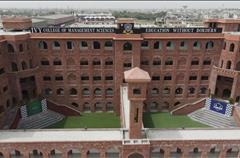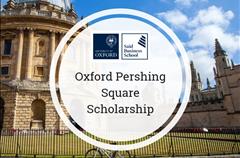Lahore: Dr. Osama Siddique has been appointed as the first Henry J. Steiner Visiting Professor in Human Rights at Harvard Law School.
The new Presiding officer has appointed to honor Henry J. Steiner who is presently offering his services as a Professor Emeritus at Harvard Law School, the Founding Director of the Harvard Human Rights Program as well as one of the leadings international scholars in the field of human rights.
The vacancy is open to non-US scholars, judges and advocates along with the distinctive work in the zone. The appointment is just by invitation plus it is an issue of great prestige that the very first appointee for this seat is a Pakistani.
Read More: PU teacher achieves American Fisheries Award 2016
Dr. Osama Siddique is a graduate of Government College, Lahore and LUMS, studied as a Rhodes Scholar at Oxford for his first law degree, and got masters and doctoral degrees from Harvard Law School.
He has worked as a Wall Street lawyer as well as an advocate in the Pakistani appellate courts, was cardinally involved in planning and served as the founding chair of an advanced law program at LUMS where he also taught for many years plus he is also the author of a lot of academically ranked and peer reviewed scholarly publications.
He is the author of the book: “The Jurisprudence of Dissolutions: Presidential Power to Dissolve Assemblies under the Pakistani Constitution and its Discontents” (2008).
His latest book, published in June, 2013 by the Cambridge University Press, entitled as the “Pakistan’s Experience with Formal Law: An Alien Justice.”, makes a seminal contribution to existing literature on the historical as well as the sociological evolution of formal legal systems in post-colonial developing countries (along with the specifically focus on Pakistan and India), the varied experience of ordinary residents together with these formal legal systems, as well as the experience and impact of major reform projects.
Read More: 15K teachers, 1200 doctors to be appointed soon
It was acknowledged as the Best Non-Fiction Book of the Year at the Karachi Literature Festival, 2014 and also given the American Institute of Pakistan Studies (AIPS) Annual Book Prize 2014-2015.








.gif)





























